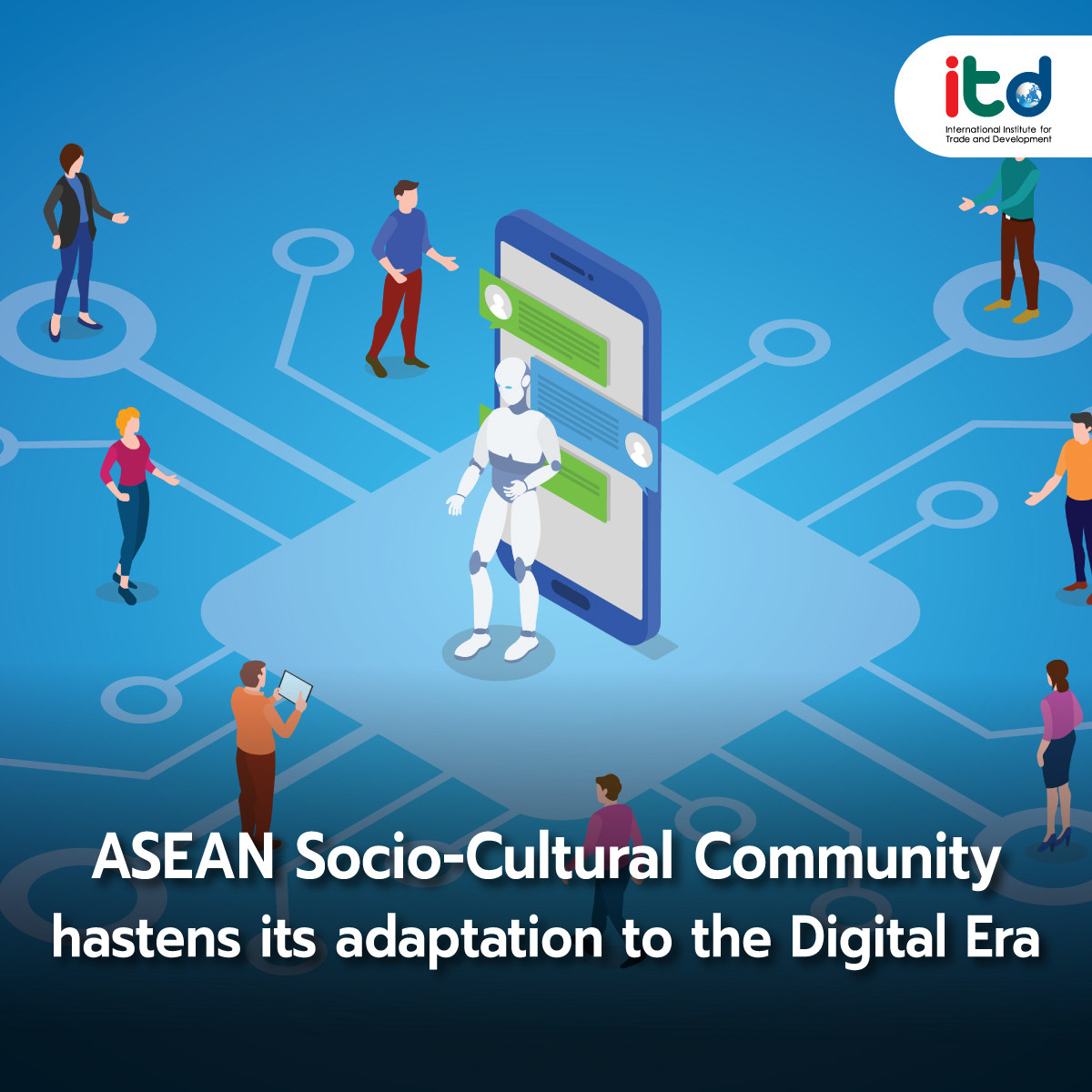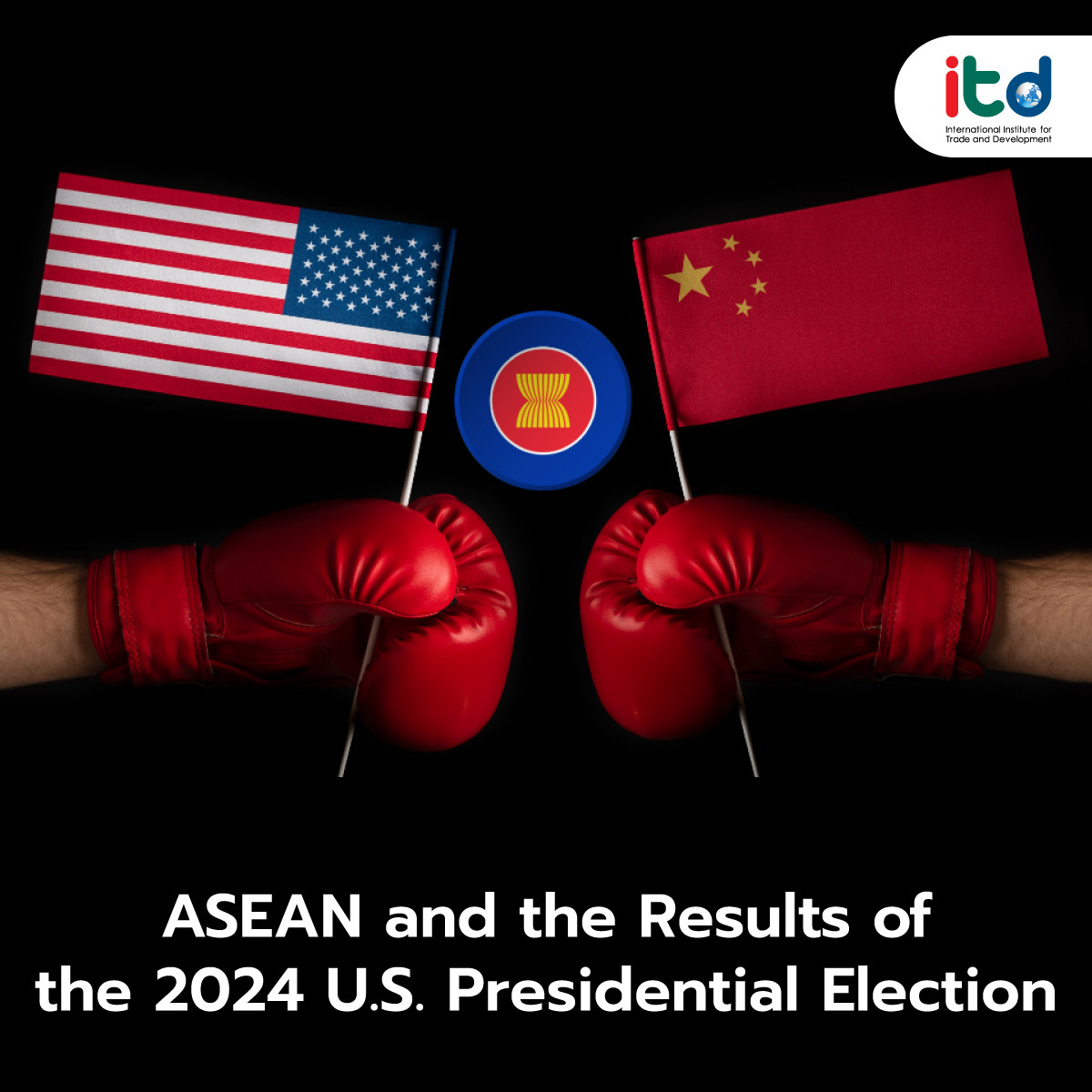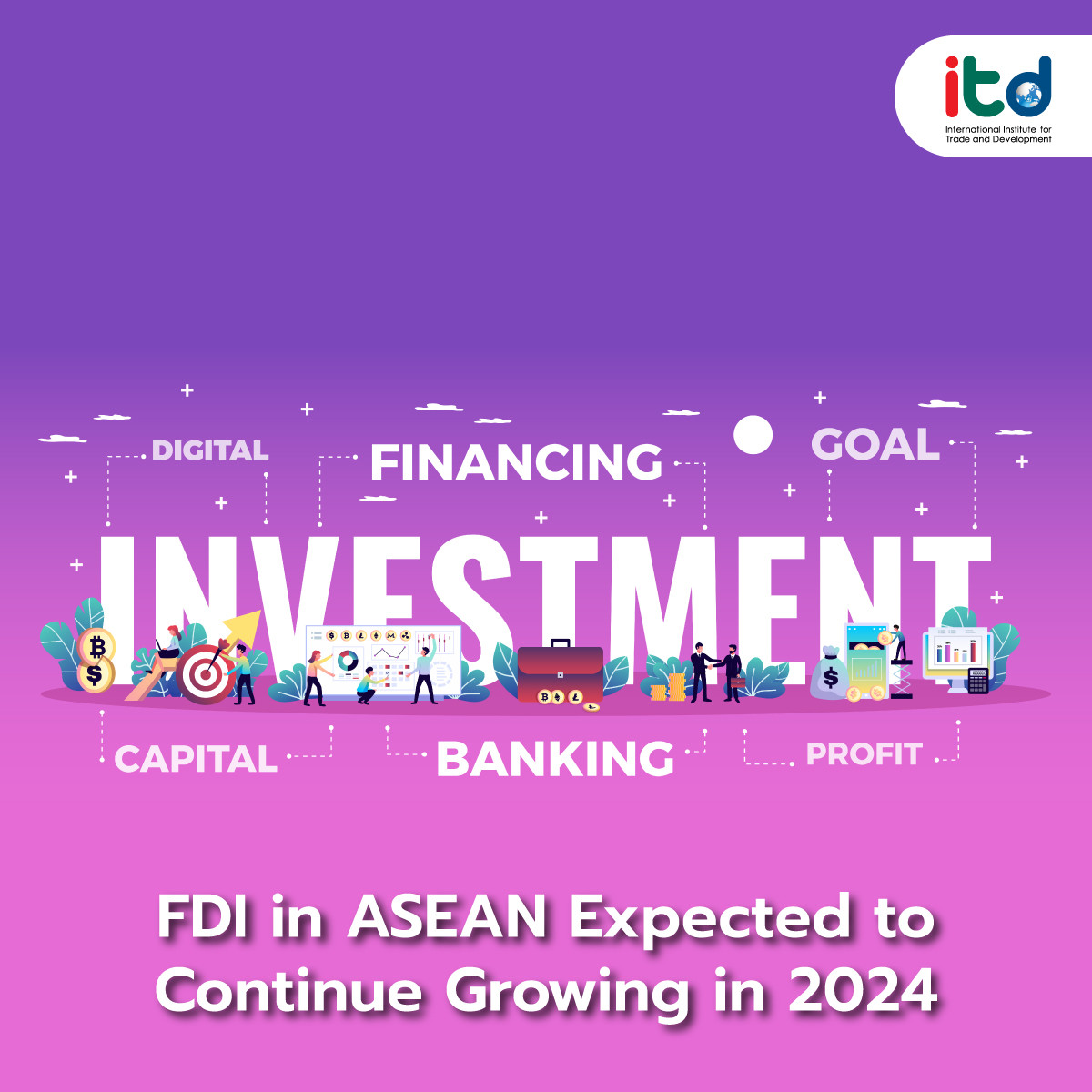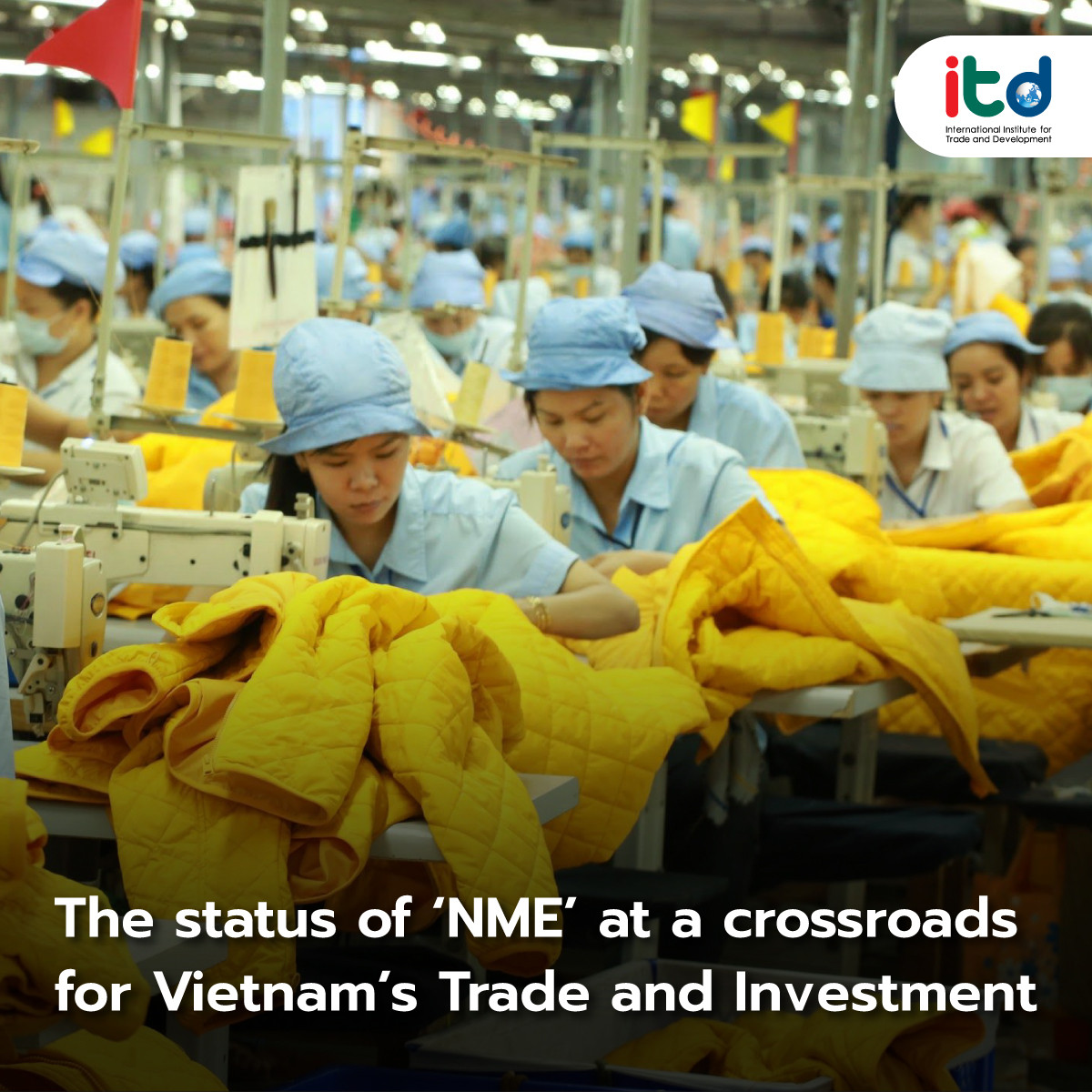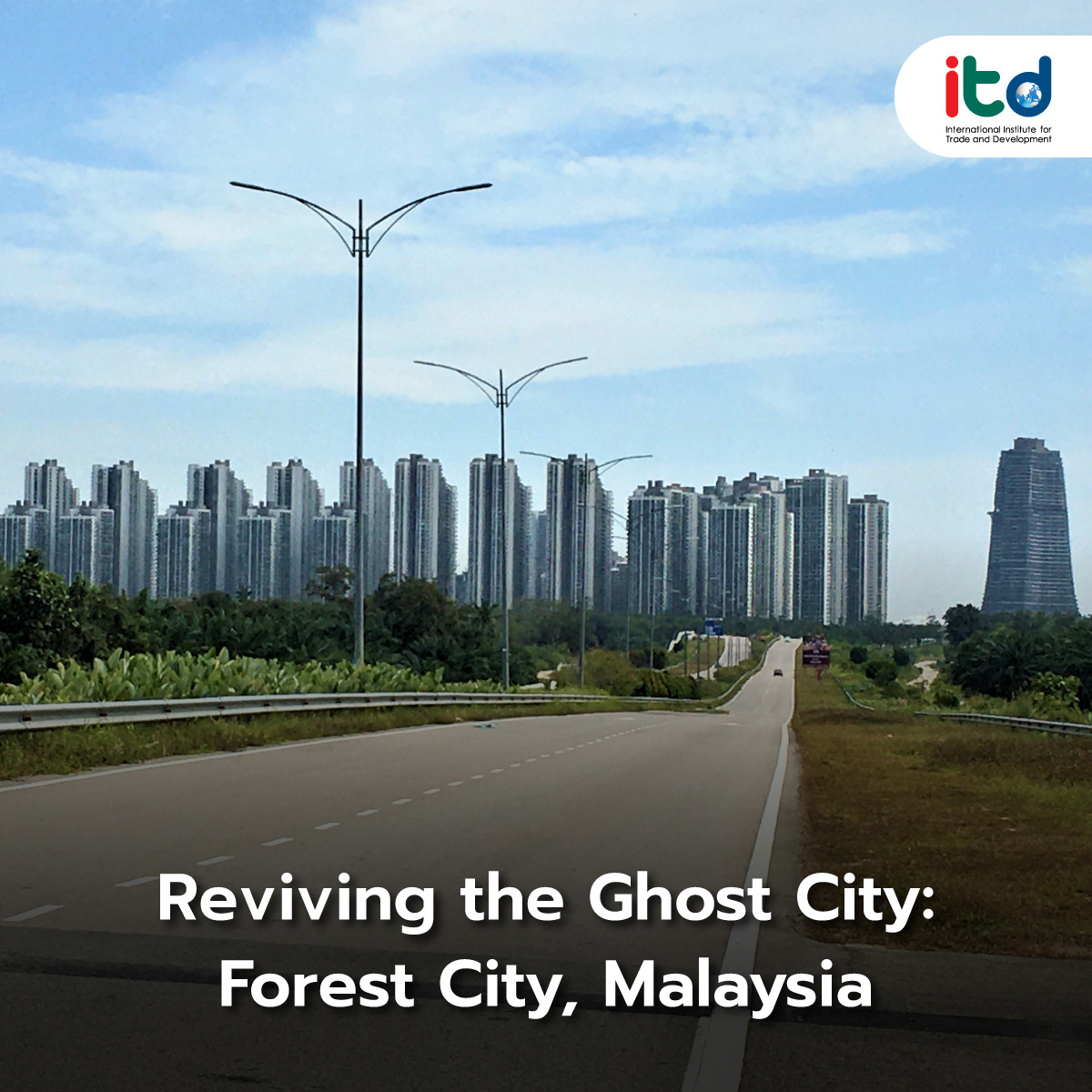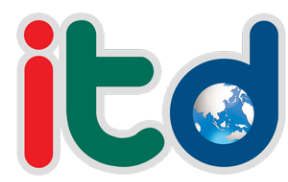About Documents
The transition to the digital society in today’s world has impacts on both the economic and social aspects. Therefore, ASEAN member countries must prepare themselves to step into the digital era by developing the infrastructure for connectivity and promoting widespread use of technology. ASEAN has initiated collaboration on the Framework for Developing Digital Readiness Among ASEAN Citizens since 2021.
This framework has identified three interrelated elements relevant to digital readiness, namely (1) digital access; (2) digital literacy; and (3) digital participation. The details include: Digital access; Ensuring increased access to technology for all segments of the population, especially vulnerable groups lacking access and expertise, to bridge the digital divide. Digital literacy; Developing digital literacy skills and promoting distance learning opportunities to reduce educational disparities. Encouraging participation in the digital economy through e-commerce and digital financial services, connecting with government services and data, providing remote healthcare services, and utilizing data analytics sensibly. Facilitating secure digital tool usage, combating online threats, and cybercrime. Digital participation; promoting digital inclusivity by designing user-friendly technologies and products, encouraging digital service provision to all demographic groups, fostering knowledge sharing, cultural exchange, and indigenous traditions globally. Collaborating on regional projects such as environmental conservation and disaster management. Developing digital skills related to innovation and entrepreneurship.
Efforts under the ASEAN Socio-Cultural Community (ASCC) to prepare for the digital society include health initiatives, such as The ASEAN Post-2015 Health Development Agenda (2021-2025), establishing the ASEAN Biodiaspora Virtual Centre and the ASEAN Public Health Emergency Coordination System (APHECS) contribute to regional pandemic response efforts.
In terms of culture, ASEAN has launched projects to promote the digital transmission of ASEAN cultural heritage content and create the virtual reality (VR) of ASEAN’s world heritage sites. In education, ASEAN has endorsed the Declaration on Digital Transformation of Education in 2022 to enhance digital teaching and learning effectiveness, promoting secure digital learning environments.
Regarding poverty eradication, ASEAN has implemented the ASEAN Framework Action Plan on Rural Development and Poverty Eradication (2021-2025), and conducted practical workshops on utilizing digital technologies and smart communities for village economic recovery.
In disaster management, ASEAN has produced The ASEAN Disaster Resilient Outlook 2021 towards sustainable disaster resilience, suggesting technological innovations for disaster management, emphasizing the importance of digital literacy to strengthen response mechanisms and resilience during disasters.
In labour, ASEAN endorsed the ASEAN Declaration on Promoting Competitiveness, Resilience, and Agility of Workers for the Future of Work, with a focus on human-centered development by preparing ASEAN’s workforce for technological advancements.
To achieve successful integration into the digital society, ASEAN member states must be ready to make structural changes in digital infrastructure, develop digital literacy skills among the population, and enhance the competitiveness of businesses to support online markets and e-commerce, as well as foster sustainable development using technology.
